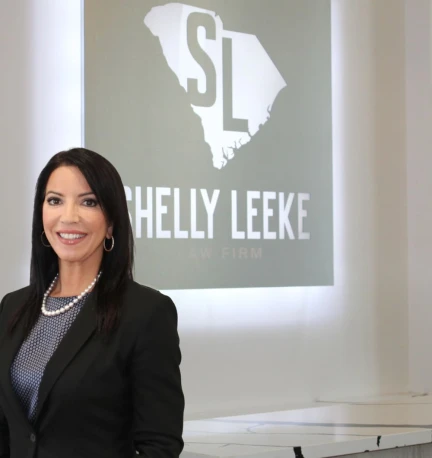“Tell us the state you live in and we’ll tell you what year you’ll get married”
“Take this quiz and we’ll tell you where you’ll be in 5 years”
If you are familiar with Facebook, you are probably familiar with quizzes like these. They seem fun and innocent but what you might not realize is once you answer the questions giving them personal information, it’s open to the public. There’s no way to know who is looking at your answers or how they are being used. Because of this, experts are warning you to take a step back and think about what you’re sharing.
These quizzes aren’t necessarily asking you directly for answers that contain personal and sensitive information but some of the answers could help scammers break through security walls. For example, questions like:
“What’s your dog’s name?”
“What street did you grow up on?”
“What’s your sibling’s name?”
“What’s your mother’s name?
These types of questions are commonly seen as security questions used to get into your bank accounts or used as passwords for private accounts. And once you take the quiz, those answers are on the internet forever.
Even simply answering questions about your hair color, height, eye color, etc., can be dangerous. For example, scammers can call someone and tell him or her a loved one is in danger, under arrest, etc., and to send money. Because of these quizzes, the scammer will be able to accurately describe what you look like to make it sound like he or she really knows you to make the claim seem legitimate.

It might have never crossed your mind while taking one of these fun quizzes, but there are people out there who search the internet looking to steal people’s information for a living. It is very important to be aware of this and filter the kind of information you choose to give. Not only could this affect you, but could also affect your family if it leads to financial trouble.
Experts suggest checking your credit report often to make sure nothing suspicious is going on and no one has stolen your bank account information.
Be alert and help us spread the word to prevent these sort of scams from happening!







